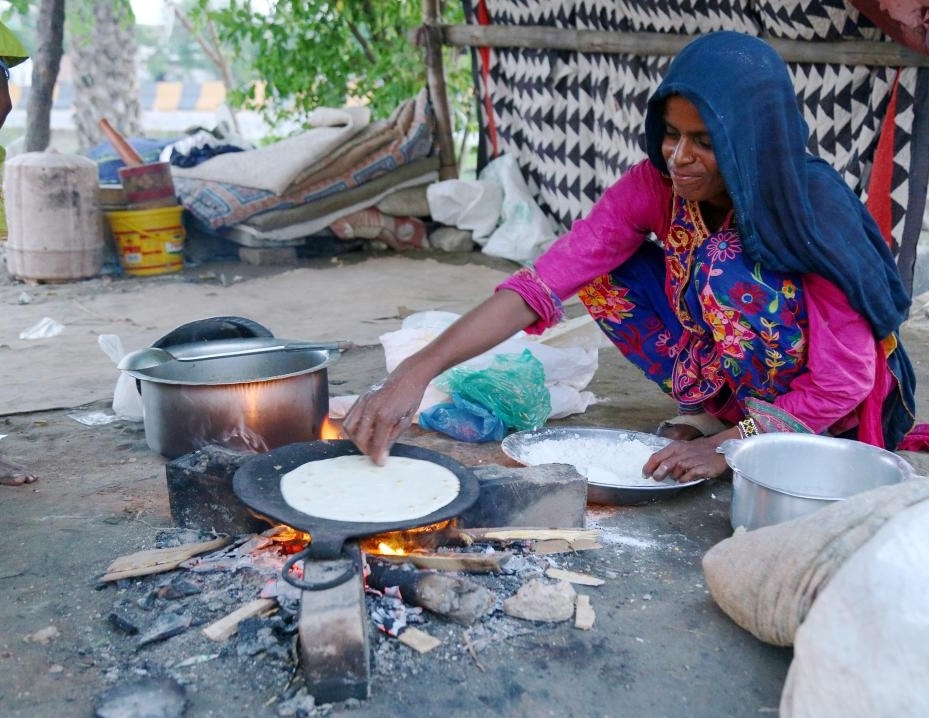To truly comprehend the challenges faced by religious minorities in Pakistan, it is crucial to delve into the country’s early constitutional history. The 1956 Constitution and subsequent revisions in 1962 and 1973 set the tone, ostensibly declaring equal protection and freedom of religion. However, these very documents simultaneously uphold Islam as the state religion, laying the foundation for a complex interplay of rights and restrictions that disproportionately affect non-Muslim communities … writes Dr Sakariya Kareem
Pakistan envisioned as a sanctuary from religious persecution at its inception, now finds itself grappling with a stark reality that starkly contradicts its foundational principles. Despite constitutional guarantees that ostensibly ensure equal rights for all citizens, religious minorities, including Hindus, Christians, Sikhs, Shiites, and Ahmadis, face persistent discrimination, violence, and systemic marginalisation. The constitutional framework, while declaring equal protection and freedom of religion, simultaneously upholds Islam as the state religion, fostering a complex interplay of rights and restrictions.
In 2023, the situation has worsened, as highlighted by a Human Rights Observer fact sheet. The increase in religious content against minorities in curriculum and textbooks during 2022 is a concerning development. The fact sheet, issued by the Centre for Social Justice, covers five key issues impacting religious minorities: discrimination in the education system, the prevalence of forced faith conversions, abuse of blasphemy laws, the establishment of the National Commission for Minorities, and jail remissions for minority prisoners.
The fact sheet reported that 171 people were accused of blasphemy laws, further highlighting the arbitrary use of these laws against individuals. Additionally, 124 reported incidents of forced faith conversions were analysed, involving girls and women from minority communities, with Hindus, Christians, and Sikhs being disproportionately affected. The fact sheet emphasised that no progress was made in providing remission to minority prisoners in 2022, despite this concession being available for Muslim prisoners since 1978. Furthermore, the establishment of the statutory National Commission for Minorities remained pending.

To truly comprehend the challenges faced by religious minorities in Pakistan, it is crucial to delve into the country’s early constitutional history. The 1956 Constitution and subsequent revisions in 1962 and 1973 set the tone, ostensibly declaring equal protection and freedom of religion. However, these very documents simultaneously uphold Islam as the state religion, laying the foundation for a complex interplay of rights and restrictions that disproportionately affect non-Muslim communities.
A significant turning point occurred during General Zia Ul Haq’s regime (1977–1988), where civil and criminal laws underwent a zealous alignment with Shari’a, drastically restricting the freedoms of non-Muslims. Draconian measures such as the Hudood Ordinances (1979) and blasphemy laws (1982 and 1986) were enacted, amplifying the persecution faced by religious minorities. Blasphemy laws, in particular, have been widely condemned for their severe contradictions with freedoms of expression and religion, often serving as tools for religious persecution. The United Nations Committee on the Elimination of Racial Discrimination noted in 2009 that these laws might be used in a discriminatory manner against religious minority groups.
The misuse of blasphemy laws in Pakistan is a grave issue, with false accusations leading to fines, long prison sentences, and even death sentences. The laws criminalise any act deemed offensive to Islam, disproportionately impacting non-Muslims. Section 295-C of the Pakistan Penal Code prescribes the death penalty for insulting the Prophet Muhammad, creating an environment where even baseless charges can result in severe consequences. The vague language of these laws and their subjective interpretation makes them susceptible to abuse, stifling freedom of expression and opinion.
The discrimination against religious minorities extends beyond legal frameworks to societal practices and employment policies. Despite a nominal quota system intended to prevent discrimination in the public sector, it often reinforces stereotypes. Many municipalities fill their minority quota with undesirable positions, such as sanitation workers, perpetuating social discrimination. There have been reports suggesting instances where job announcements explicitly state that Muslims need not apply, highlighting the deeply rooted biases in society.
The issue of land grabbing and the mismanagement of evacuee property further exacerbate the challenges faced by religious minorities. After the creation of Pakistan, many non-Muslim communities left behind properties, including temples and places of worship. The Evacuee Trust Property Board was established to manage these properties, but it has faced criticism for neglect and collusion. Numerous temples and gurdwaras have fallen into disrepair or been occupied, and accusations of illegal property sales under the Board’s control have surfaced repeatedly.
Personal status laws for Hindus and Sikhs in Pakistan are not codified, leaving members of these communities vulnerable in matters of marriage, divorce, and family disputes. The absence of recognised documentation often hampers their ability to prove personal status, leading to further marginalisation.
The weak representation of minorities in legislative assemblies adds another layer to their struggles. The National Assembly’s reformation in 2002 did not see an increase in the ten reserved seats for minority representatives. Proposals for an amendment in 2014 seeking enhanced representation were rejected by the government. Till date, the representation of minorities remains nominal, with political parties often internally nominating minority representatives, limiting their independence.
The state of religious minorities in Pakistan in 2023 reflects a deep-seated and systemic crisis. Despite constitutional guarantees, the ground reality is one of discrimination, violence, and marginalisation. Legal frameworks, societal practices, and political representation all contribute to a hostile environment for religious minorities. The international community must scrutinise and address these issues, urging Pakistan to uphold its commitment to equality, diversity, and religious freedom. The plight of religious minorities in Pakistan is not just a domestic concern but a human rights issue that demands global attention and intervention. The challenges faced by these communities go beyond legislation and require concerted efforts to reshape societal attitudes and foster inclusivity. The world must stand united in condemning religious persecution and advocating for the rights of minorities in Pakistan and beyond.









